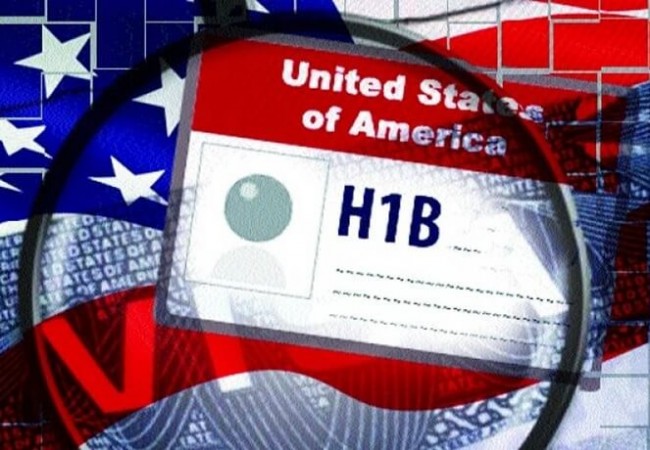Atlanta, GA, April 9, 2018: The US Citizenship and Immigration Services (USCIS) announced on April 6, 2018 that it has reached the congressionally-mandated 65,000 H-1B visa cap for fiscal year 2019. USCIS has also received a sufficient number of H-1B petitions to meet the 20,000 visa U.S. advanced degree exemption, known as the master’s cap.
The agency will reject and return filing fees for all unselected cap-subject petitions that are not prohibited multiple filings.
“USCIS will continue to accept and process petitions that are otherwise exempt from the cap,” the agency said through a statement on its website. Petitions filed for current H-1B workers who have been counted previously against the cap, and who still retain their cap number, will also not be counted toward the FY 2019 H-1B cap. USCIS will continue to accept and process petitions filed to:
- Extend the amount of time a current H-1B worker may remain in theUnited States;
- Change the terms of employment for current H-1B workers;
- Allow current H-1B workers to change employers; and
- Allow current H-1B workers to work concurrently in a second H-1B position.
U.S.businesses use the H-1B program to employ foreign workers in occupations that require specialized knowledge.
USCIS, in March, announced the suspension of premium processing of all H-1B visa petitions for fiscal year 2019, saying that the temporary suspension would help reduce the “overall H-1B visa processing time”. The H-1B petition filing is for the fiscal year 2019 beginning October 1, 2018.
“We will notify the public before resuming premium processing for cap-subject H-1B petitions or making any other premium processing updates,” the federal agency said.
The H-1B program offers temporaryUSvisas that allow companies to hire highly skilled foreign professionals working in areas with shortages of qualified American workers.
Indians get most H1-B visas although there are no national quotas for the facility nor is it specifically designed for Indians.





